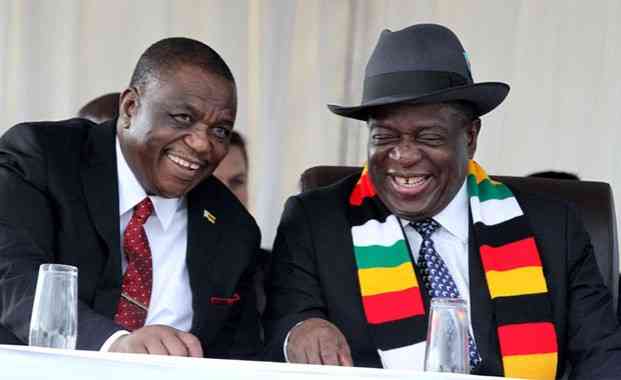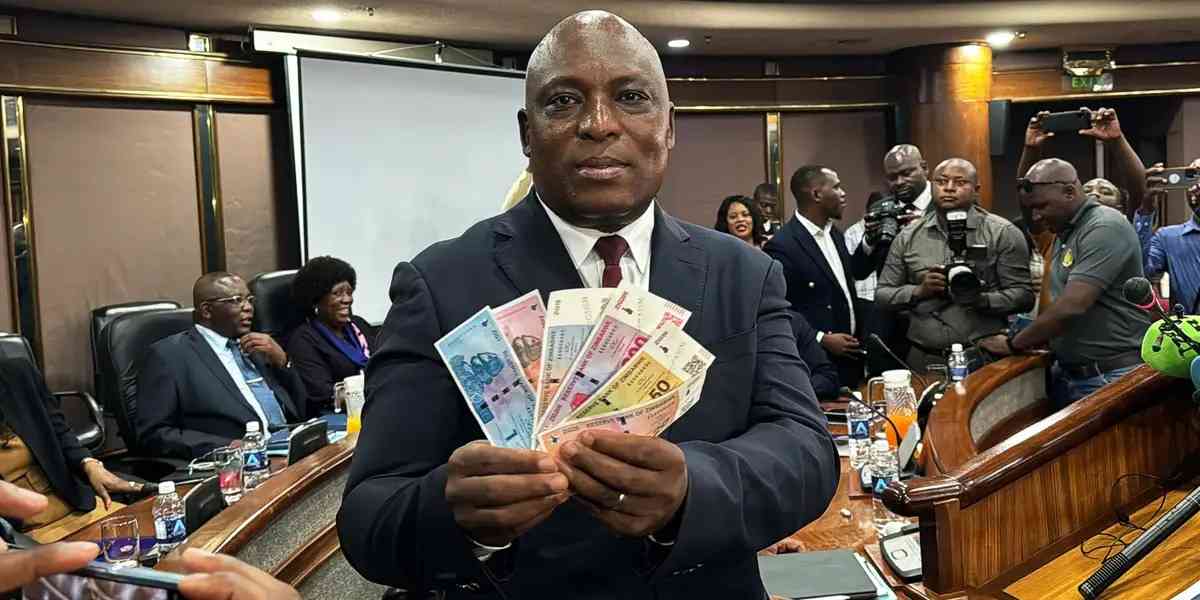
THE Tripartite Negotiating Forum (TNF), a legislated platform in which government, business and labour meet to discuss national issues, recently agreed to a national minimum wage of US$150 in what was a breakthrough after a prolonged contestation. The agreement has resulted in renewed impetus by the three social partners to put together a social contract. Deputy business editor Kudzai Kuwaza (KK) caught up with the Zimbabwe Congress of Trade Unions president Florence Taruvinga (FT, pictured) to discuss a number of issues which include the gains made in the TNF, the fight to improve the livelihoods of workers and plans for 2023. Taruvinga is a young working woman aged 33. She works for power utility Zesa. Below are excerpts of the interview:
TK: How has been your term of office so far?
FT: So far so good though the environment is still challenging particularly looking at the expectations of my constituency. I have to deliver as a leader who has the mandate to make sure that the workers’ rights are protected and defended at all costs, so it has been a continued struggle from where my predecessor left and we are continuing to fight for their rights and defend them.
KK: What has been the major challenge you have faced during your term of office?
FT: The major challenge as always alluded to by my constituency is the discrepancies between the Zimbabwean dollar and the US dollar, where you find most workers are earning their salary in Zimbabwean dollars, and the market dictates are speaking towards the US dollar. So that on its own is a major challenge because you look at the gap that is there between the reality on the ground and what has to happen for a worker to be earning a decent salary at the end of the month.
It has been the major challenge that we are trying to fight and we are so hopeful that if we continue pushing we will have a win towards a US dollar salary. Indications are already there with a recent TNF meeting where we have already agreed on pegging of salaries in US dollars. That means now we are coming closer to what we want to achieve. My constituency has always been at the losing end in all the policy promulgations that have been put in place by the government.
So we seem to be getting a buy-in on our demand for US dollar based salaries.
KK: So can we say your fight for US dollar based salaries is gaining traction?
- Budget dampens workers’ hopes
- Storm over ZCTU ‘dirty capture’
- Budget dampens workers’ hopes
- Storm over ZCTU ‘dirty capture’
Keep Reading
FT: It is gaining traction because reality is knocking on everyone’s door and you find that you even hear, for example, government officials saying we failed to get accommodation at a certain place because of the currency discrepancies that we have always been alluding to. So now that they are realising that ours are not only a demand from nowhere but it’s a reality of market forces.
What we definitely need to do is to continue pushing so that we continue engaging on these issues because in the absence of us agreeing on these issues, it means workers will continue to be at the losing end no matter what thrust they have towards the economy. In the absence of addressing the plight of workers particularly on currency, it means that we will continue having these issues on the table over and over again. The worst part is that even when we had the exchange rate of one is to one, the workers remained at the losing end. They have been lagging behind with the salaries in Zimbabwean dollars but now that reality is knocking at everyone’ door and there seems to be a buy-in of US dollar salaries. I think it’s a good start and the fight has to be won at all costs.
KK: You have talked about getting the threshold of US$150 as the minimum wage as the start, what do you intend to achieve?
FT: I will be frank with you, the pegging of the minimum wage at US$150 for us is a compromise. We have to begin somewhere because we are looking at the lowest employee and what they are earning. You hear even from the security sector they are earning around ZW$29 000. The pegging of US$150 as the minimum for us it’s a good starting point. Our target was looking at US$238 derived from 50% as to what was being obtained as the poverty datum line in August 2018. But when you are looking at the figures, we would ideally want the minimum to be US$520. When you look at the changes, even the inflation that has continued to drive the prices up in US dollar terms, for a worker to earn US$520, I think they can be in a position to at least survive fully without scratching their heads on how they are going to meet their other obligations.
So when we all agreed to US$150, it’s a compromised position, it's bargaining. We have to start from somewhere because all these years, the fight has been to even get the recognition and admission to have it pegged in US dollars. Now that there is a buy-in, we cannot afford to leave the table and say we will come back and discuss other issues. We will have a meeting to review this figure in January next year.So if there are any major changes in the economy, then we will push for us to have the figure changed upwards.
KK: The Finance minister raised the tax free threshold to ZW$75 000 a month. Is this adequate in your view?
FT: We can continue having these tax free thresholds being increased but that is not going to address the current situation because what we are looking at is the buying power of an employee, regardless of whatever tax threshold that we have. Yes, we can say it’s enough and it’s looking at the reality of the macroeconomic environment but it’s still not the main cure of what is expected by my constituency where we are speaking of a wage that is decent.
KK: What is your view on the retrenchment regulations that oblige employers to pay a package of one months' salary for every two years served?
FT: That has never been favourable for us as workers because we are looking at a situation where one has served for so many years and look at the package that they have to go home with. So it also goes back to the scenario where we are saying, the Zimbabwean dollar, no matter the hefty package that it’s going to be paid, it will still be eroded. Looking at the years that an employee would have served might not be the critical aspect. We have to look at the value of the retrenchment package itself. It has to be meaningful.
KK: The Finance minister will present the 2023 budget in November. What are your expectations?
FT: What we are critically looking at is how he is going to package his budget, now that we have an informalised economy that is more than 80%. Past budgets have not yielded anything at the end of the day.
So we are really expecting to see how pro-poor the budget is going to be and how it is going to be beneficial to workers.
We are looking to add our input. The advantage that we are going to have now is we have managed to reach out to the Ministry (of Finance) to have our input before the budget. So we are waiting for a date for us to go and meet them and air our concerns and what we are expecting of the budget before it is put forward to the nation.
KK: Would you say there has been a major transformation when it comes to negotiations on the TNF platforms from the time it was characterised by walk outs and finger pointing in the past?
FT: I cannot say there has been a major change but probably the modalities of how to go about and address issues has shifted.
I remember vividly as vice president of ZCTU, and then there was never even an acknowledgement of agreeing to certain parameters of paying modalities in US dollars. So definitely even if it so happens today that the other social partners don’t want to discuss issues of salaries and wages as a critical issue we will still walk out of these meetings.
So those are strategies that are implemented by organised labour within the TNF to yield results. In the absence of us continuing to push and take any other avenues that yield results, it means I will have a term that will just end without having anything tangible at the end of it.
KK: There has been talk for years for a national health scheme. What is your view?
FT: It is just being pushed but we have never had any input to that so it’s also one of those critical issues that should be brought before the TNF for a buy-in by every constituency so that we have a position that is solid.So as it stands there is no buy-in from us, we don’t know what the details are because we have never been consulted in relation to that.
KK: What are your plans for 2023?
FT: The struggle continues, the plan will be to just make sure that we stick to the strategic plan that we have or make sure that we defend and protect the interests of the workers in Zimbabwe. What is critical is for us to sit down with my leadership to review and see where we have gotten it right and where we need to improve.











